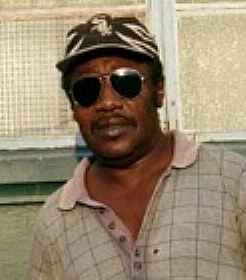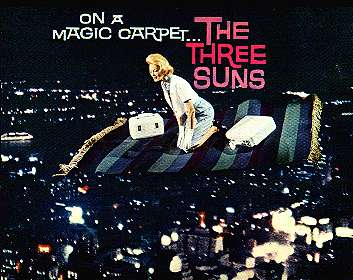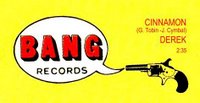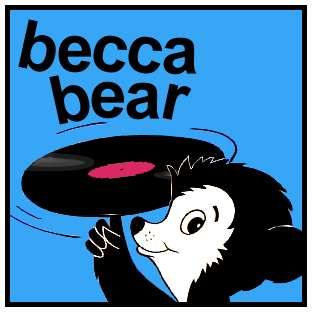
Bert Williams was a pioneering black entertainer. This song, dated 1906, is now 100 years old, and was a huge hit for both Williams and Columbia Records (#3423). The following biography contradicts this date saying that Nobody was introduced at The Ziegfeld Follies of 1910 or 1911. Possibly that was the east coast debut? Further along I will be posting two later prohibition-era recordings by BertWilliams.
From The Ziegfeld Touch by Richard and Paulette Ziegfeld, Abrams, 1993: "BERT WILLIAMS was born in the West Indies in 1874, the grandson of a Danish consul. The family moved to San Pedro, California, and Williams graduated from high school and studied civil engineering before he and three friends toured California playing Hawaiian music. He then turned to minstrel shows, one of the few entertainment areas open to black performers. Like all minstrel show actors, Williams had to wear blackface. He also had to learn the American Negro dialect and slapstick humor.
In 1895 Williams formed a vaudeville team with George Walker; six months later they were headliners. From 1902 to 1905 the two starred in the all-black Broadway comedy In Dahomey. They remained a team until Walker's retirement in 1909. Williams performed briefly with Walker's wife and then returned to vaudeville as a single.
It was in the Follies that Williams introduced the song "Nobody"; he sang the song for seven years. He tried to drop it, but audiences always wanted to hear it. Williams was a regular in the Follies for ten years (1910-19), missing only the 1913 and 1918 editions. He performed in some of the funniest scenes in the Follies, usually with Leon Errol.
Williams was known for his sense of timing and his pantomime. Although he wanted to do serious drama, he was apprehensive about his success for two reasons. First, he had become so associated with comedy that he did not know if audiences would accept him in a serious role; and, second, racial barriers were still difficult to overcome. Williams was the only black performer the Keith vaudeville circuit would book on a white bill in Washington, D.C. While Williams helped the white public accept black actors outside the South, some white vaudevillians still refused to appear with him. Even at the height of his fame, Williams could live in a good New York hotel only if he used the rear elevator. Once when Williams went bicycle riding, the local sheriff confiscated the bike, assuming that because Williams was black, the actor had stolen it.
After the 1919 edition, Williams left the Follies. He financed and appeared in his own revue, Broadway Brevities of 1920, written and produced by George LeMaire, a former Follies cast member. Later he signed with the Shuberts.
Williams was a loner who discouraged personal relationships. Being from the West Indies, he did not identify with Harlem blacks. Around August or September of 1900, Williams had apparently married Lottie Cole Thompson; she had been married before and was several years older than Williams. Lottie performed with Williams until he became a Follies star; she then retired. They never had children.
Williams was a heavy drinker and a chain smoker. As early as 1911 he had developed a weak heart and problems with his feet due to poor circulation. In later years he was chronically depressed. His health deteriorated seriously in 1921. While touring in a Shubert show in Detroit, Williams caught a cold and developed pneumonia. He refused to cancel the show because it would put the other actors out of work. He collapsed during a performance and was taken home to New York, where he died March 4, 1922."









